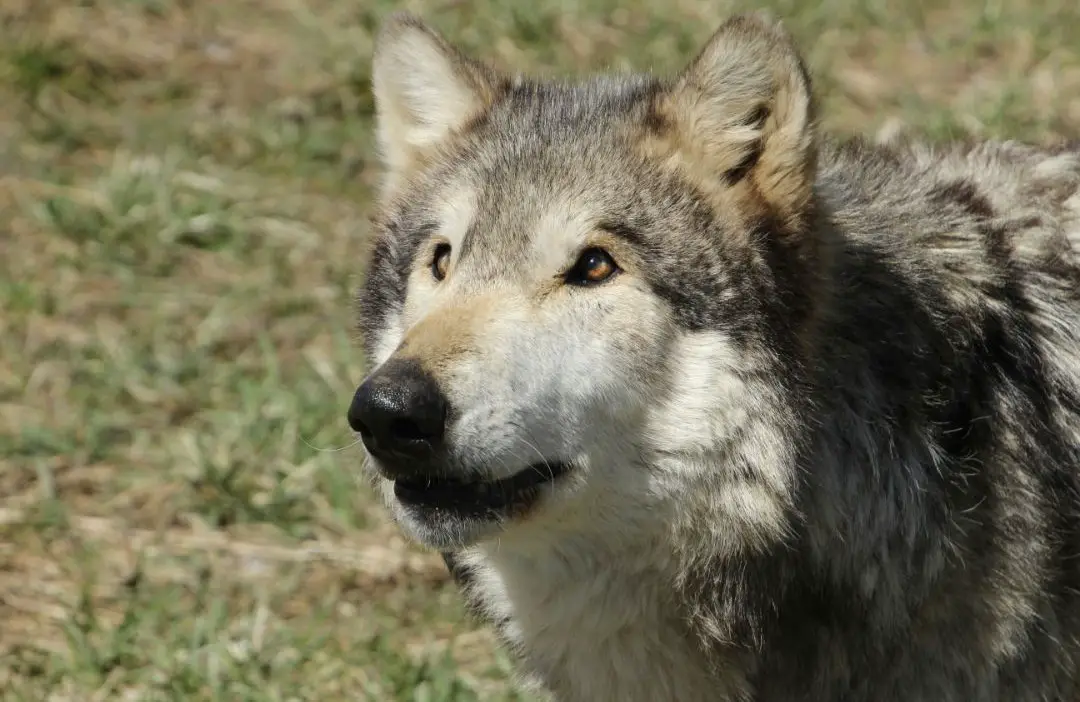Wolves are very unique creatures. Although our family dogs are considered descendants from wolves, they could not be more different.
Wolves are really resourceful creatures, they are cunning and able to survive in the harshest conditions, making them very resilient.
However, wolves are so smart because they work and live as a team in large wolf packs. They even have their own social hierarchy within the pack, and fully comprehend the importance of teamwork, cooperation and responsibility.
For instance, the whole pack is responsible for raising young, not just the parents. This is the only way that they know how to survive. So, exactly how smart are wolves?
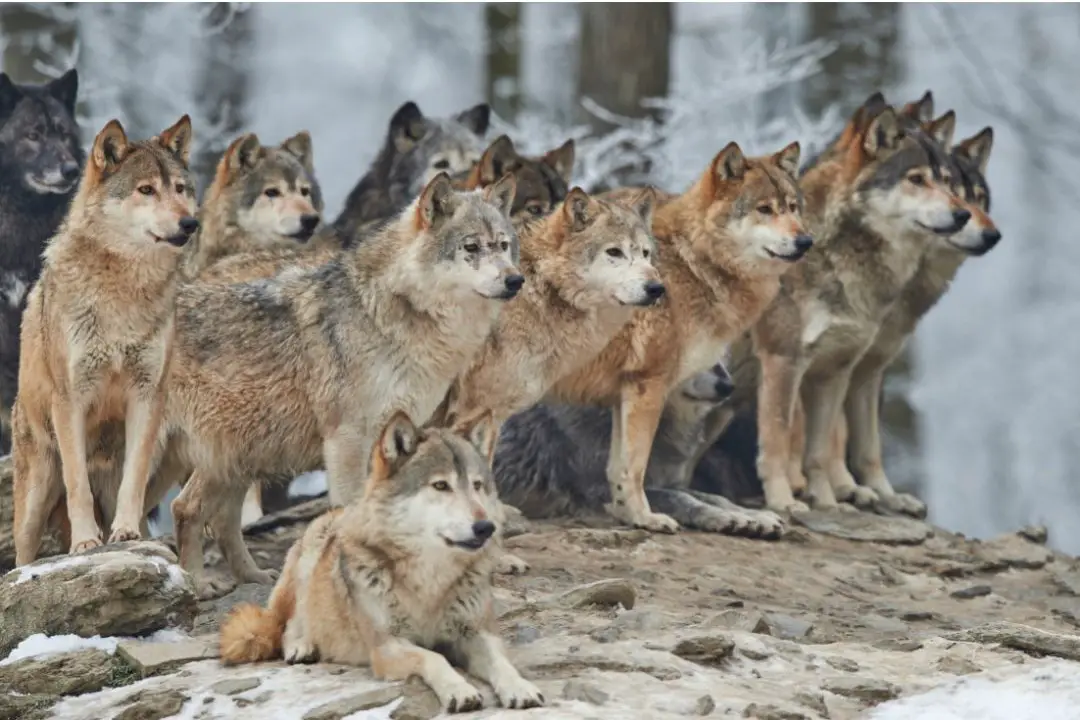
How smart are wolves?
Wolves are considered very intelligent animals, however they do not care much about us humans, and will not try to complete tasks or communicate with us much when tested by researchers.
They understand more that they do not need to perform tasks for us, and therefore do not perform well in intelligence tests, but this is not because they are not smart.
Our pet dogs are descended and evolved from wild dogs and wolves, and are also considered very smart creatures.
We are able to train dogs to perform tasks for us, learn tricks, and even support people as therapy and police dogs. It is incredible what dogs will do when trained and encouraged. So, do wolves share the same traits?
Well, the short answer is no. But this does not mean that they are not just as smart. Wolves are more concerned with survival than humans.
However, their natural instincts and behaviors demonstrate that wolves are some of the smartest animals on earth.
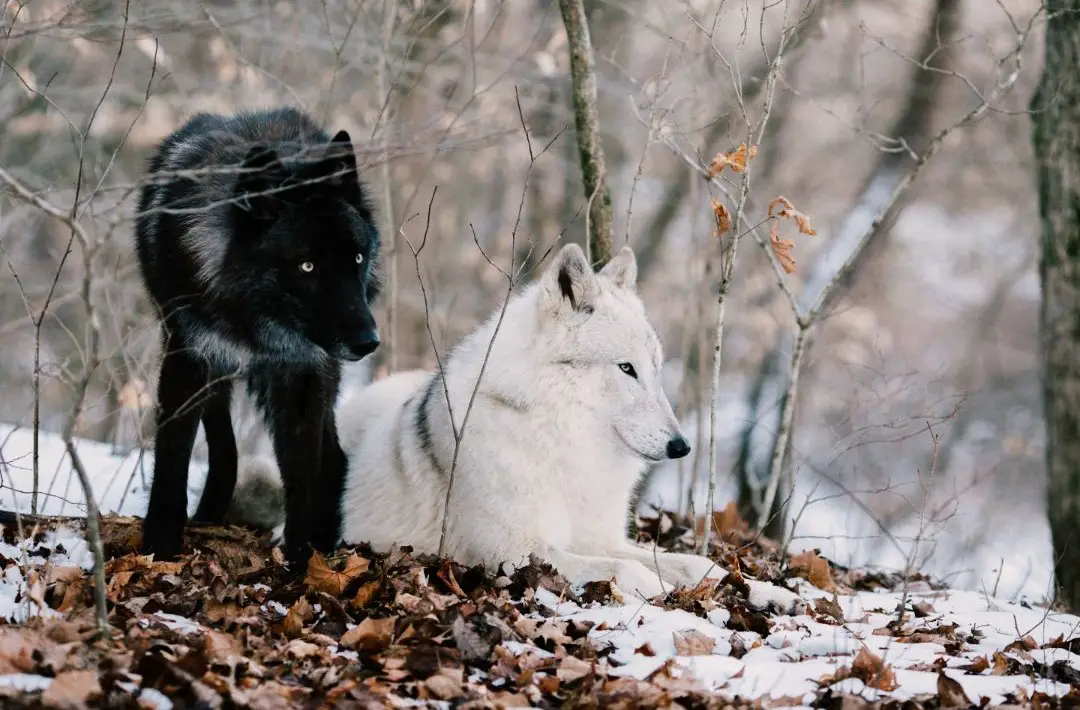
Are wolves more intelligent than dogs?
Yes, wolves are actually much more intelligent than dogs. As difficult as it may be to hear, wolves are much smarter than our loveable dogs, which is probably why they cannot be domesticated.
Wolves have no interest in serving humans or interacting socially with them.
Even wolf dogs are notoriously hard to tame, as they are made up of wild wolves, which have a natural instinct to live in the wilderness, hunt and survive as part of a pack.
Recent studies have also shown that domesticated, household dogs cannot make the connection between cause and effect. This means that if your dog has torn up the couch, and you are shouting at them and chastising them, they probably do not know why you are doing this.
Their emotive response is simply a reaction to your raised voice and body language, and they do not actually understand why you are mad.
On the other hand, wolves have shown signs that they understand cause and effect. In intelligence tests, both wolves and dogs were given the task of searching for food after being given hints about the location.
Some cues were behavioral, whereas others were based around body language and eye contact.
Whilst dogs struggled to understand the link between hints and actually locating the food, the wolves were able to comprehend this with ease, and understood social cues as to where the food was.
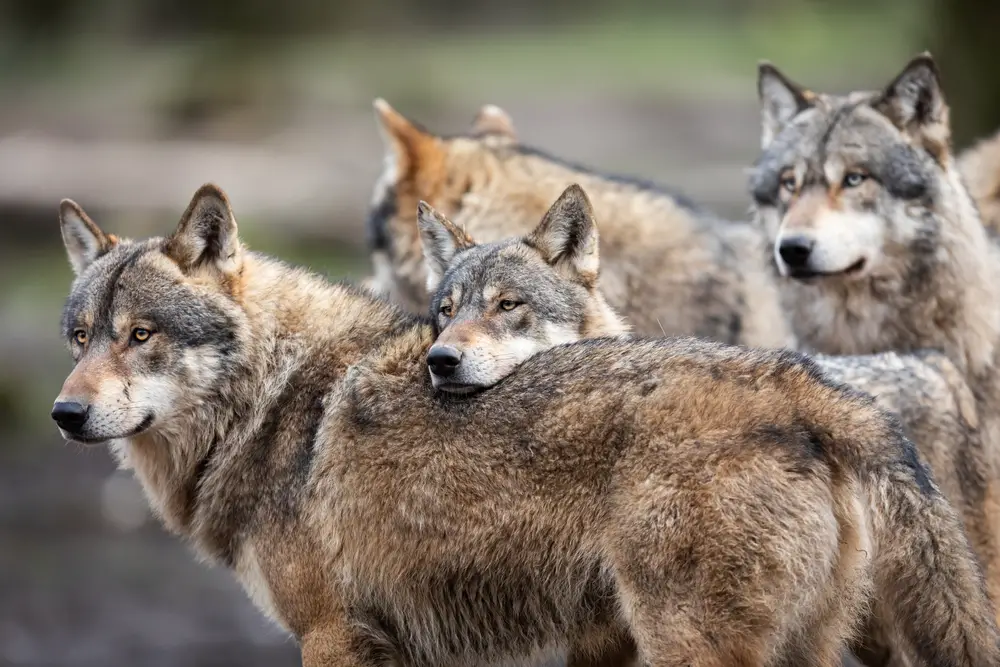
How do wolves show their intelligence?
Wolves are considered to be so intelligent because of their natural behaviors and social interactions. When wolves hunt as a pack, their actions indicate that a large amount of problem solving, planning and forethought goes into the hunting process.
They also work together, and cooperate socially as a pack to plan, enact and conduct their attacks on their prey. Studies have shown that during the hunt, the attacks are seemingly carefully coordinated, not just a feeding and hunting frenzy like other predators.
Wolves also carefully study their prey before attacking. They may scatter themselves around a herd, waiting and watching. They will then look for weak prey or if one animal becomes separated from the rest of the herd and isolated.
They understand that this is the prime target for attack, and will coordinate with one another to take the one particular animal down.
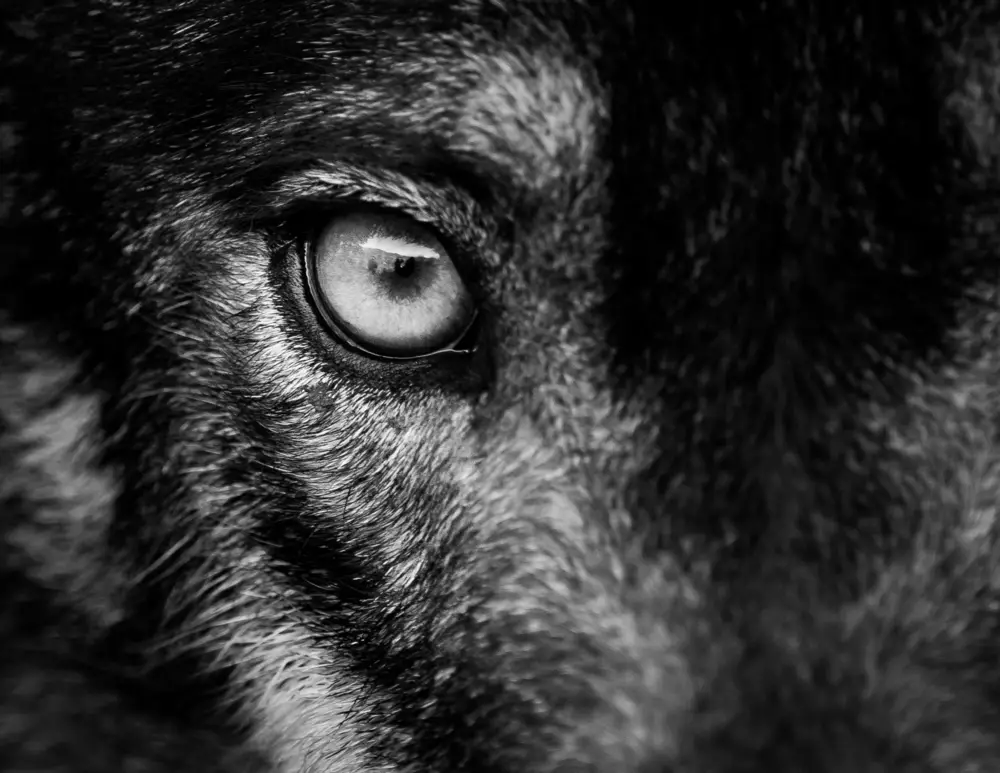
Are wolves smarter than other animals?
Wolves are actually much smarter than we think they are. Wolves can outsmart prey and other animals, and are incredibly cunning. Wolves are also considered smarter than tigers, lions and other big predators, as they understand cause and effect.
They are very intelligent creatures, especially when it comes to hunting and finding food. Wolves can be very resourceful when it comes to foraging for food, finding prey and hunting them down.
As they work in packs, unlike most other apex predators, they are very communicative, and have to understand each other and work together effectively.
This makes them far more intelligent than many other creatures, including our beloved trained house dogs!

